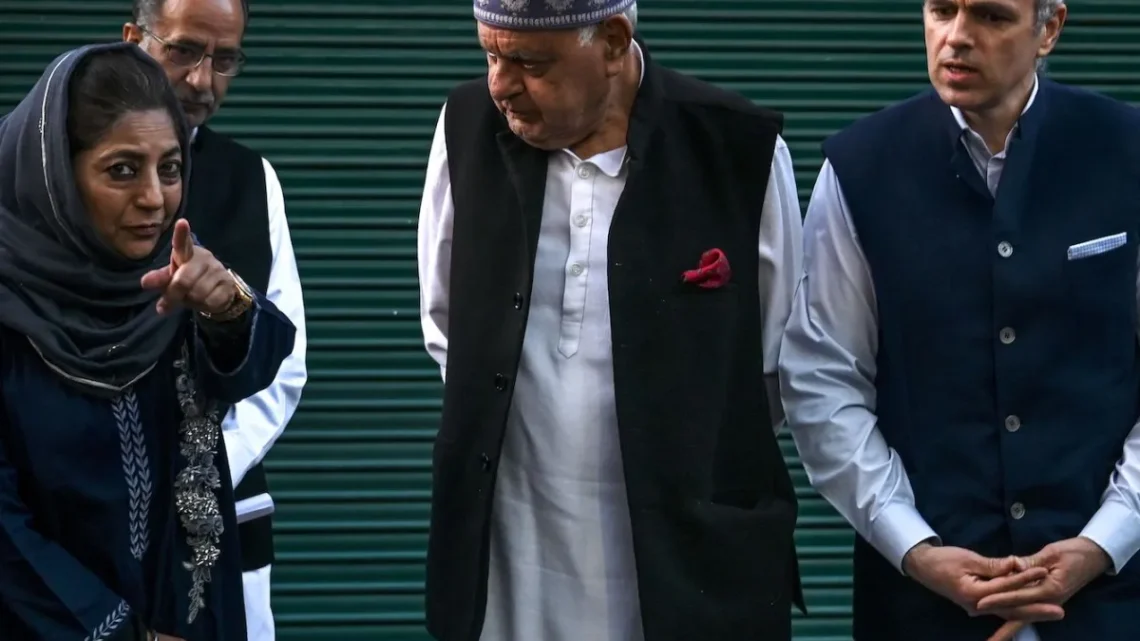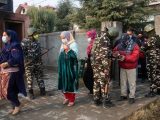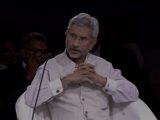
BJP into Electoral Manipulation in IIOJK: PDP and National Conference Speak Out
September 2, 2024The Peoples Democratic Party (PDP) and the National Conference (NC) have raised serious concerns regarding the recent changes to the vote-counting schedule for the Jammu and Kashmir Assembly elections.
PDP president Mehbooba Mufti has accused the Election Commission of India (ECI) of altering the vote-counting date to benefit the Bharatiya Janata Party (BJP). Initially set for October 4, the counting has been rescheduled to October 8. Mufti claims this change was made at the BJP’s request. She also criticized the ECI for its previous alteration of polling dates in her constituency during the Lok Sabha elections.
Mufti voiced apprehension about the transfer of senior police officers during the election period, though she expressed hope that local officers would uphold the integrity of the voting process.
Furthermore, Mufti condemned the amendment to the Wakf properties act, arguing that it is designed to deprive Muslims of their properties. She also denounced the reduction of the Namaz break in Assam’s Assembly, describing it as a “cheap act” intended to create communal tensions.
Similarly, National Conference leader Agha Syed Ruhullah Mehdi has called for clarification from the ECI regarding the abrupt transfers of senior police officers in Jammu and Kashmir. Ruhullah suggested that these transfers might be aimed at manipulating the administrative environment to favor a specific party. He stressed the importance of ensuring a fair and unbiased electoral process for all political parties involved.
Both Mufti and Ruhullah’s statements highlight growing concerns about the fairness of the electoral process in Jammu and Kashmir. Their allegations suggest a possible attempt to skew the political landscape in favor of the BJP, raising questions about the transparency of the upcoming elections.
The PDP and NC’s criticisms underscore a broader skepticism about the electoral process, pointing to potential irregularities and political maneuvering. As these accusations unfold, the focus remains on ensuring that the elections are conducted impartially and that all parties have an equal opportunity to compete.

